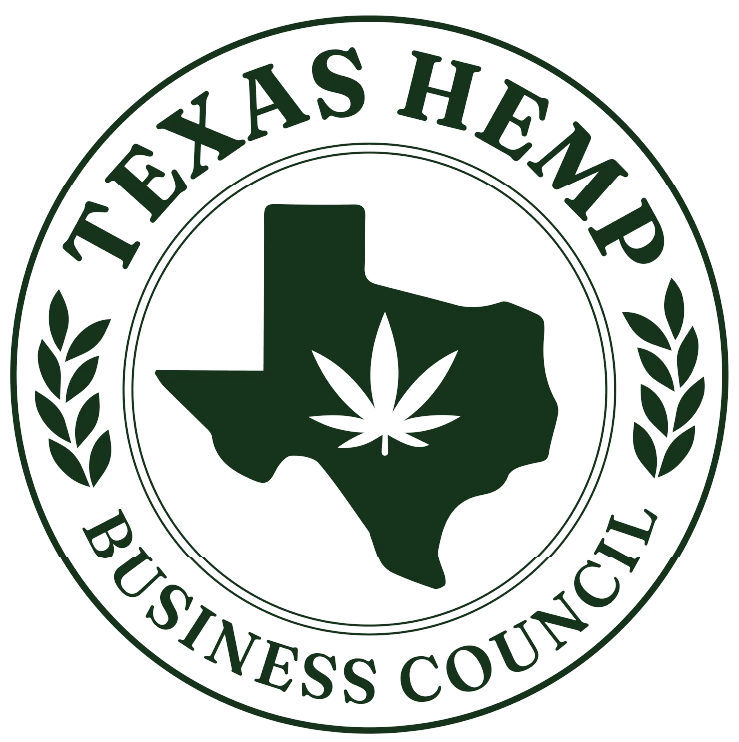On July 10, 2025, the U.S. Senate Appropriations Committee advanced its version of the Agriculture-FDA spending bill, including language that could have major consequences for the legal hemp industry.
Both the Senate and House versions of the bill include provisions directing the Food and Drug Administration (FDA) and Health and Human Services (HHS)—in consultation with the U.S. Department of Agriculture (USDA)—to set a limit for quantifiable amounts of THC or other intoxicating cannabinoids in finished hemp products.
While this language is intended to clarify federal regulatory authority, it opens the door to a federal potency threshold that could effectively ban many widely available, federally legal hemp products, including those containing trace amounts of THC.
Key Differences Between House and Senate Versions
- The House version includes no transition period and could result in an immediate ban on many products containing even small, detectable levels of THC.
- The Senate version includes a 1-year implementation delay, intended to give farmers and small businesses time to adjust to any new federal regulations. The hemp industry will use this time to work with lawmakers on amending prohibition based policies.
What Lawmakers Are Saying
During the hearing, Senator Mitch McConnell—who championed the hemp provisions in the 2018 Farm Bill—stated the law had “unintended consequences” and voiced support for “closing the loophole” while still pretending to stand behind hemp farmers.
Senator Jeff Merkley advocated for the 1-year delay and urged regulators to distinguish between psychoactive and non-psychoactive cannabinoids. He also emphasized the importance of industry engagement before final regulations are adopted.
What’s Next?
The bill must still:
- Pass a full vote on the Senate floor,
- Be reconciled with the House version in conference committee
- Then, be signed by the President to take effect.
Related Legislation: Senator Rand Paul’s 1% THC Bill
Meanwhile, Senator Rand Paul has introduced a separate bill to amend the federal definition of hemp—raising the THC cap from 0.3% to 1%. This change would align U.S. policy with international standards and provide greater flexibility for hemp farmers and manufacturers.
Our Position
At the Texas Hemp Business Council, we strongly oppose any federal or state actions that would ban or severely restrict hemp-derived products. Limiting products based on “quantifiable” THC content—without clear science-based thresholds or time for transition—could devastate thousands of small businesses, eliminate jobs, and restrict access to safe, regulated wellness products for millions of consumers.
We are actively working with federal partners, national hemp associations, and state-level hemp organizations to ensure that:
- Hemp products remain accessible to adults,
- Farmers and manufacturers have regulatory clarity, and
- Any rule changes are based on science, not stigma.


